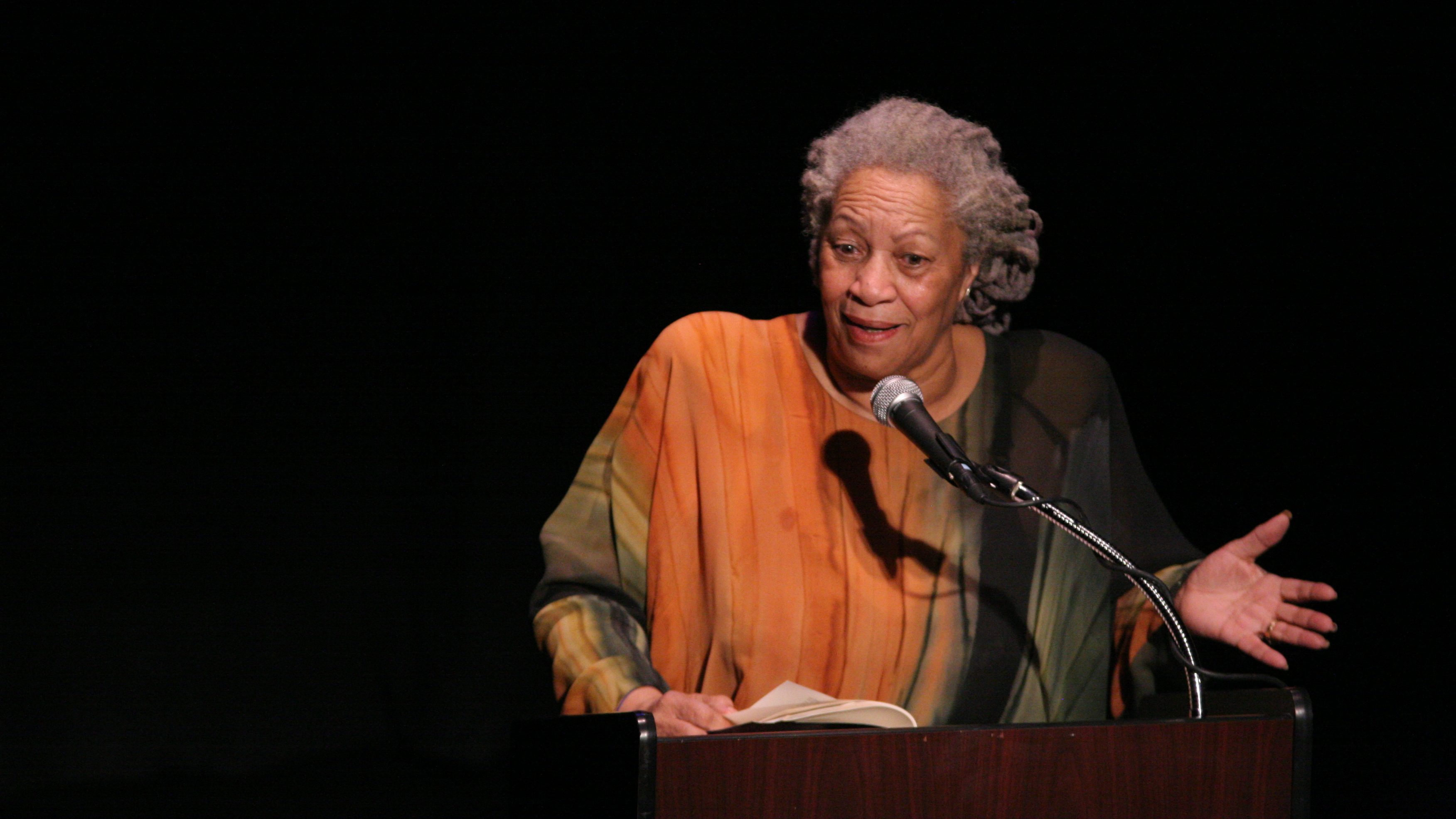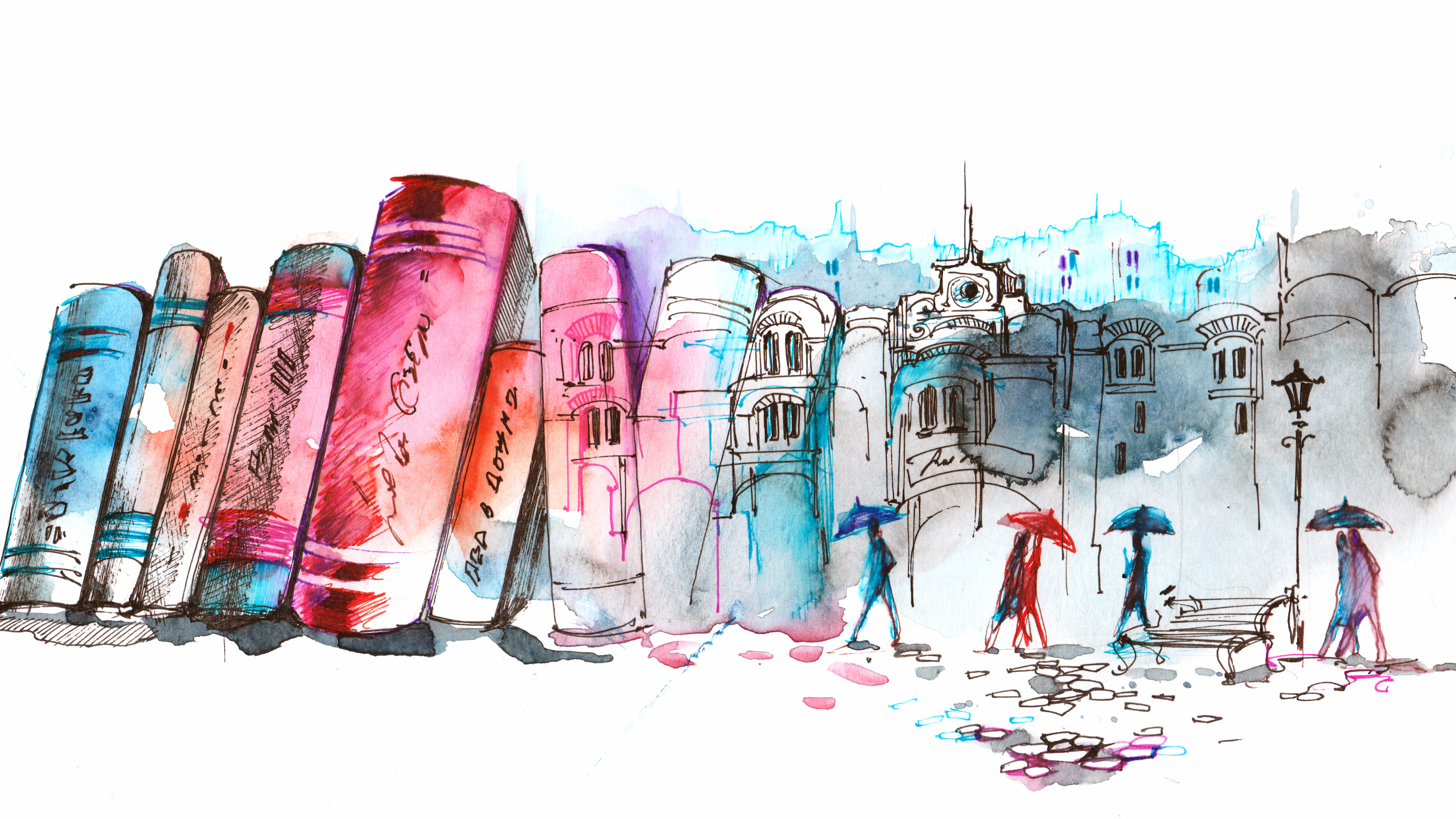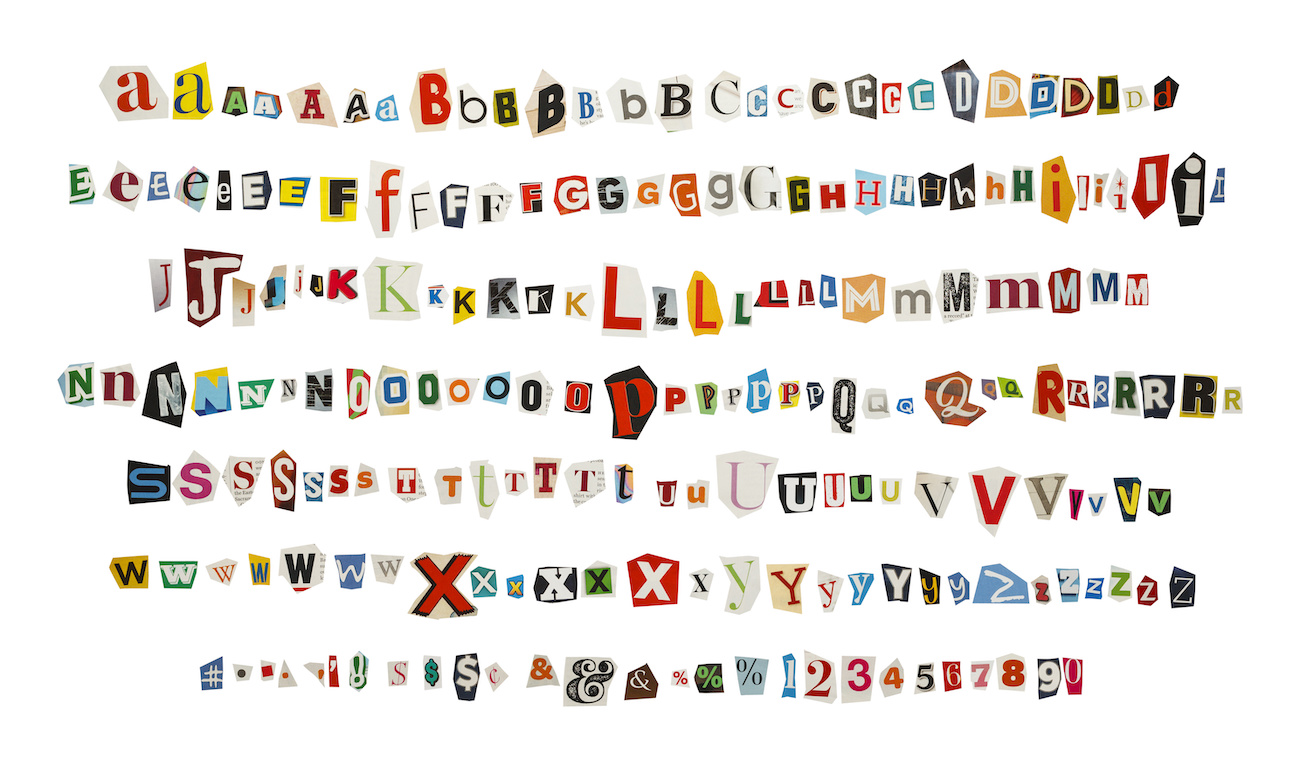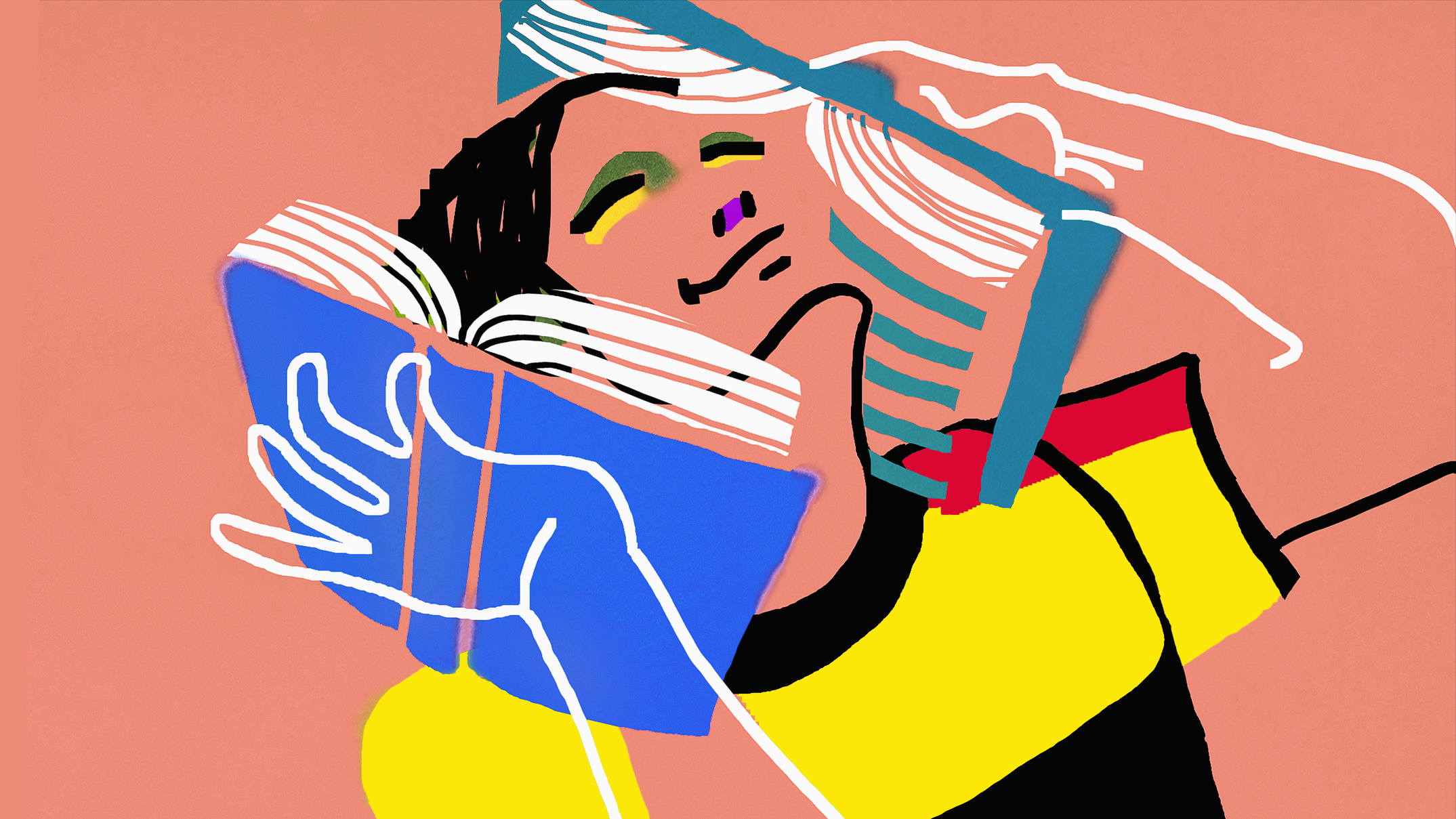How reading fiction can make you a better person

- Works of fiction have historically been associated with important social changes.
- Modern research suggests that reading fiction helps you neurologically relate to other people’s experiences.
- It also correlates with improved social interactions and the ability to read the room.
In 1862, Abraham Lincoln met with Harriet Beecher Stowe, the author of Uncle Tom’s Cabin, a novel detailing the horrors of slavery. He supposedly greeted her with, “So, you’re the little woman who wrote the book that started this great war,” an acknowledgment of the novel’s role in adding fuel to the abolitionist movement and helping spark the Civil War.
Novels such as Uncle Tom’s Cabin have long been credited with ushering along large-scale social changes. But such credit implicitly suggests that reading fiction can change people on an individual level. And a possible avenue for this change is an ability to cultivate empathy in readers.
The capacity for empathy — to first identify and then understand and share in someone else’s feelings — is largely held as a virtue these days. Yet, philosophically speaking, there is a bit of a knowledge problem that makes being naturally empathetic a struggle. Why? As poet John Keats put it, “Nothing ever becomes real until it is experienced.”
So how can someone else’s perspective and emotions ever become real enough for us to develop empathy? Reading fiction may provide an answer. Research suggests that fictional books may effectively be empathy-building tools, offering us the closest we can get to first-hand knowledge of someone else’s experience.
Reading fiction puts you in someone else’s (neurological) shoes
Studies, particularly the work of Natalie M. Phillips, show that when you read fiction, it not only activates the temporal lobe (the language processing center of the brain) but also increases global blood flow in the brain. It revs up the motor cortex (the part involved in physical movement) and areas of the brain linked to sensory experiences such as the olfactory bulb (your sense of smell).
In other words, reading fiction lights up the brain in ways that mimic the neural activities of the experience you’re reading about. For example, if you read a well-written passage about a character hiking through the wilderness, your brain reacts as if you’re on that hike. If you read a passage about a character drinking lemonade, the part of your brain that activates when you taste something sour lights up. You might even start salivating.
When reading fiction, you can, to some degree, experience the experiences of others, getting you neurologically one step closer to an understanding necessary for empathy. It’s a far cry from suddenly waking up as someone else, but also way less creepy than those body-swapping films.

Reading fiction makes you helpful
Reading fiction may also prime your kinder side. A handful of studies have found that participants who reported being “transported” by a fictional story demonstrated not only increased empathy but also helpful behaviors.
For instance, one study found that people who were drawn in by a tale were more likely to pick up pens that a researcher “accidentally” dropped. Another study found that they were more likely to ask for additional information about a charity. Comparatively, participants given nonfiction to read — as well as those who were given fiction but reported not being deeply engaged — demonstrated such behaviors less.
But couldn’t this just mean that helpful people like reading fiction? To rule out that possibility, yet another study looked more specifically at lifetime exposure to fiction versus the immediate experience of being transported by a story. It found that the immediate experience had a positive association with “affective empathy” — that is, the capacity to share another’s feelings and emotions. It also reinforced findings that affective empathy specifically predicts immediate helping behavior.
However, while lifetime exposure to fiction correlated positively with cognitive empathy — the ability to understand the world from another person’s point of view and infer their beliefs and intentions — it wasn’t necessarily associated with helpful behavior. In other words, reading fiction seems to correspond with helpful tendencies in the moment.
When reading fiction, you can, to some degree, experience the experiences of others, getting you neurologically one step closer to an understanding necessary for empathy.
Learning to read the room
To really cultivate empathy, you need to be internally more aware of and connected to those around you. And again, reading fiction is associated with just such a skill.
One study compared readers’ scores on the classic “Reading the Mind in the Eyes” (MIE) assessment. This test assesses one’s ability to determine someone else’s emotions based on their facial expression alone. It’s also considered a measurement of a person’s theory of mind — the ability to infer the mental state, intentions, and beliefs of others.
The results showed that fiction readers scored higher than non-readers and readers of nonfiction. The researchers hypothesized that reading fiction allows you to practice taking on someone else’s perspective and thus improves your social awareness. Even outside of the MIE test, research suggests that reading literary fiction improves one’s theory of mind and emotional intelligence.
The translation of these studies suggests that reading fiction can help people become more observant, compassionate, and emotionally responsive. For instance, they will have an easier time noticing when a friend or loved one is upset, allowing them to act accordingly rather than worsening the situation.
The moral of the story
The takeaway lesson is simple: If you want to build empathy in your life and relationships, try reading more fiction, more often — especially fiction by and about people whose experiences are different from your own. While you can’t directly share in someone else’s experience, you can, as postmodern author Samuel Beckett said, “fail better” at the goal of understanding their experiences, since establishing a habit of reading fiction can increase your empathy and emotional intelligence.
And that’s a pretty painless — even enjoyable — way to become less like the Voldemorts and Killmongers of the world and more like the Harry Potters and Black Panthers.
Learn more on Big Think+
With a diverse library of lessons from the world’s biggest thinkers, Big Think+ helps businesses get smarter, faster. To access Big Think+ for your organization, request a demo.





